According to the results of an international survey in 2024, Japanese teachers continue to have the longest working hours among countries and territories belonging to the Organization for Economic Cooperation and Development (OECD).
The OECD released the results of its Teaching and Learning International Survey (TALIS) 2024 on October 7, 2025. The data showed that Japanese teachers, despite years of calls to improve working conditions, still face disproportionately high workloads compared to their counterparts in other countries.
On average, elementary school teachers in Japan work 52.1 hours per week, while junior high school teachers work 55.1 hours, continuing to top the rankings as in the 2018 survey.
Working less than before but still more than 10 hours higher than the world average
Compared to the previous survey, the average weekly work hours of full-time teachers in Japan have decreased by about 4 hours at both levels. However, the international average is now only 40.4 hours/week for elementary school teachers and 41 hours/week for junior high school teachers – meaning Japanese teachers still work 11-14 hours more per week than their global counterparts.
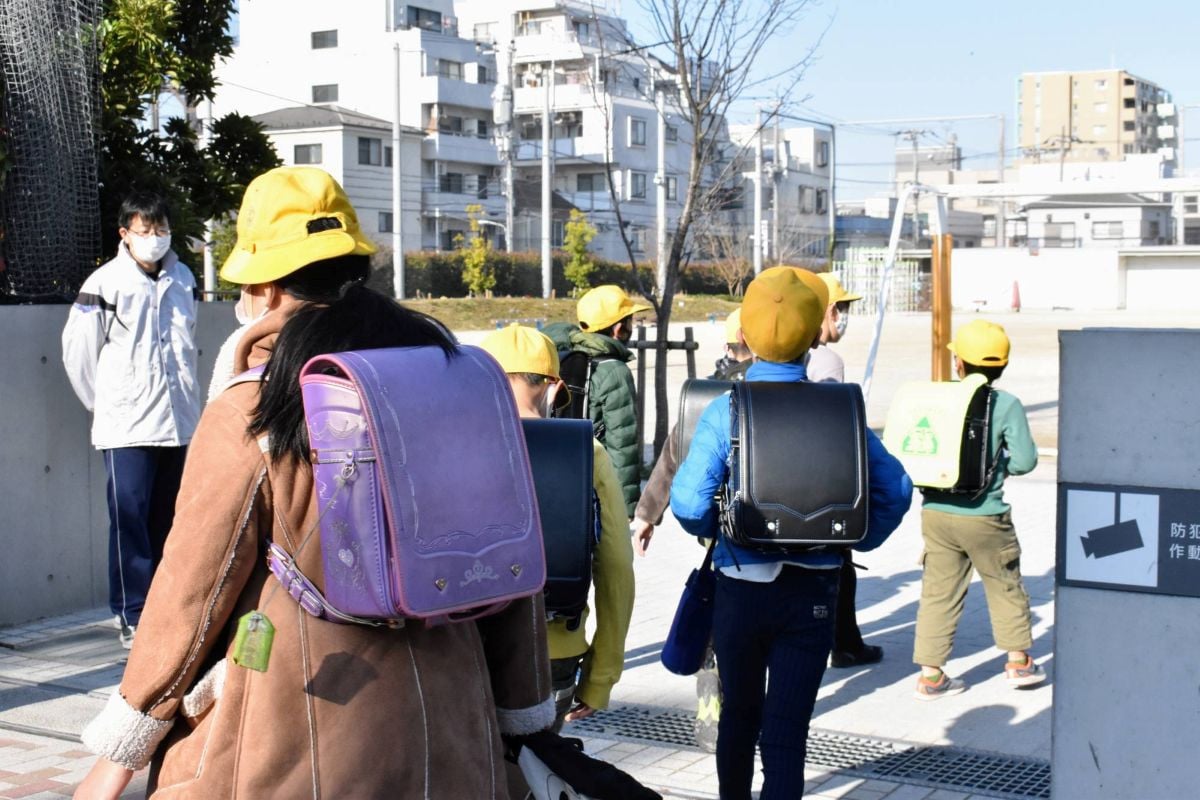
The TALIS survey is conducted every five to six years. The 2024 version sampled around 200 primary schools in 16 countries and territories, and 200 secondary schools in 55 countries. Principals and teachers were asked about their working hours and the challenges of their jobs. Total hours included overtime work done at home – for example, marking papers, preparing lesson plans or handling evening and weekend work.
Reason: Extracurricular activities and administrative work
Although Japan has adopted measures such as limiting overtime hours and outsourcing some extracurricular activities, experts acknowledge that the holistic education model - which emphasizes the balanced development of knowledge, morality and physical fitness - also contributes to teachers working longer hours.
According to surveys, the time spent by Japanese teachers on extracurricular activities and administrative work is significantly higher than the international average.
Junior high school teachers in Japan spend an average of 5.6 hours per week on extracurricular activities, while the international average is only 1.7 hours.
Primary school teachers spend 4.5 hours per week on administrative work, and secondary school teachers 5.2 hours, compared with global averages of 2.7 and 3.0 hours, respectively.
Still, these figures have dropped between 0.9 and 2.5 hours since the 2018 survey.
In addition, the shortage of teachers also increases the burden of teaching work.
When asked about the missing element to ensure quality education, “teachers” was the most common answer from Japanese principals.
Some 40.7% of primary school principals said their schools were short of teachers – double the number in 2018 (19.2%). Similarly, 35.6% of secondary school principals also considered teacher shortages a barrier to teaching quality, up 8.1 percentage points from the previous survey. Both rates are more than 10 points higher than the international average.
“Although there are still many challenges, we are on the right track,” an official from Japan’s Ministry of Education, Culture, Sports, Science and Technology said, according to The Mainichi .
Regarding the shortage of teachers, he emphasized: "This is a serious problem and will be considered a top priority in the coming time."
Source: https://vietnamnet.vn/noi-kho-cua-giao-vien-o-dat-nuoc-co-nen-giao-duc-hang-dau-chau-a-2451380.html


![[Photo] Ho Chi Minh City is brilliant with flags and flowers on the eve of the 1st Party Congress, term 2025-2030](https://vphoto.vietnam.vn/thumb/1200x675/vietnam/resource/IMAGE/2025/10/10/1760102923219_ndo_br_thiet-ke-chua-co-ten-43-png.webp)



![[Photo] Opening of the World Cultural Festival in Hanoi](https://vphoto.vietnam.vn/thumb/1200x675/vietnam/resource/IMAGE/2025/10/10/1760113426728_ndo_br_lehoi-khaimac-jpg.webp)
![[Photo] General Secretary attends the parade to celebrate the 80th anniversary of the founding of the Korean Workers' Party](https://vphoto.vietnam.vn/thumb/1200x675/vietnam/resource/IMAGE/2025/10/11/1760150039564_vna-potal-tong-bi-thu-du-le-duyet-binh-ky-niem-80-nam-thanh-lap-dang-lao-dong-trieu-tien-8331994-jpg.webp)
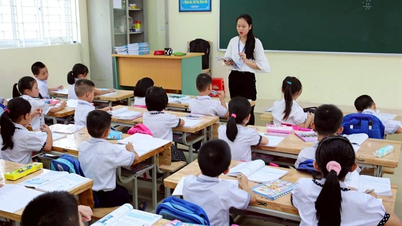










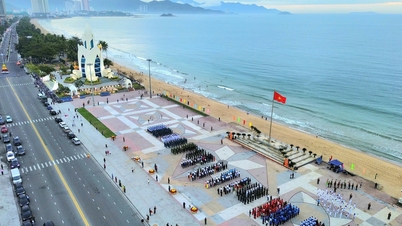



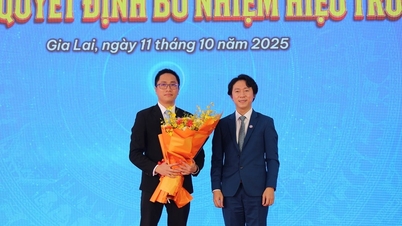

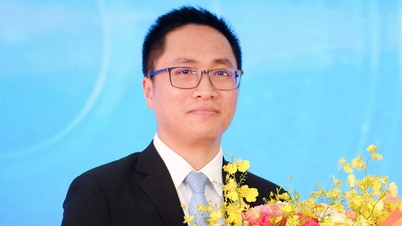











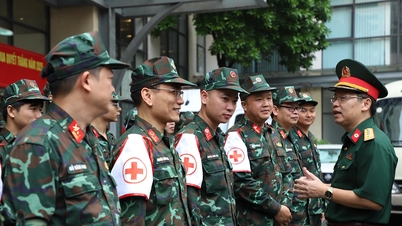






























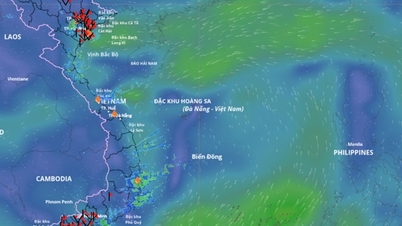


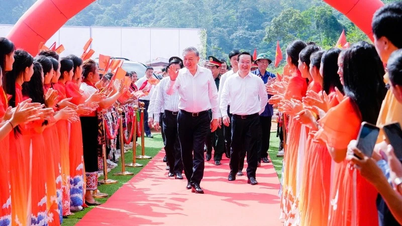




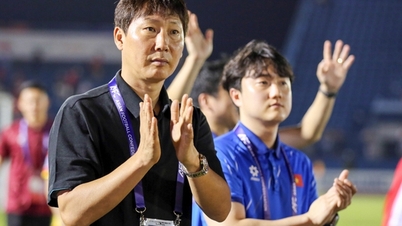

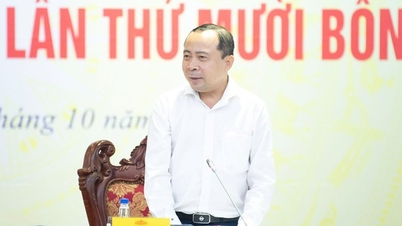


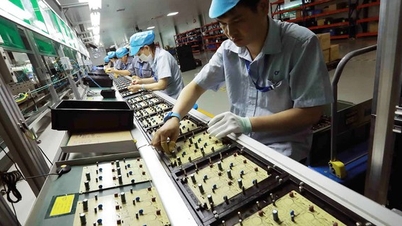
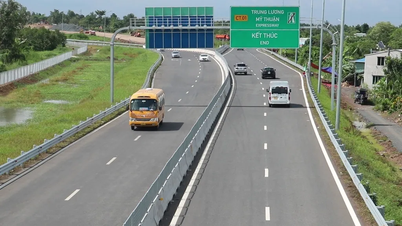

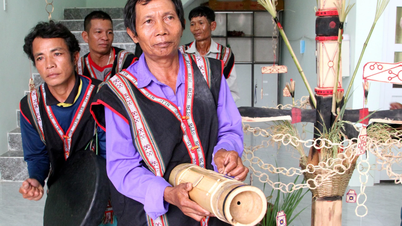


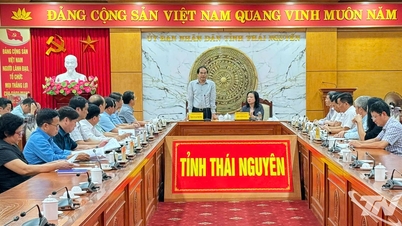


















Comment (0)